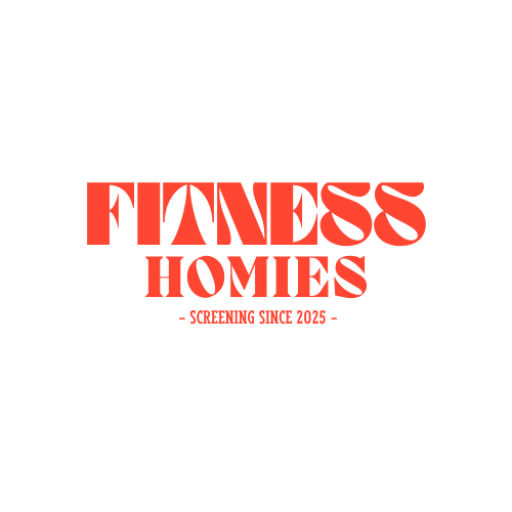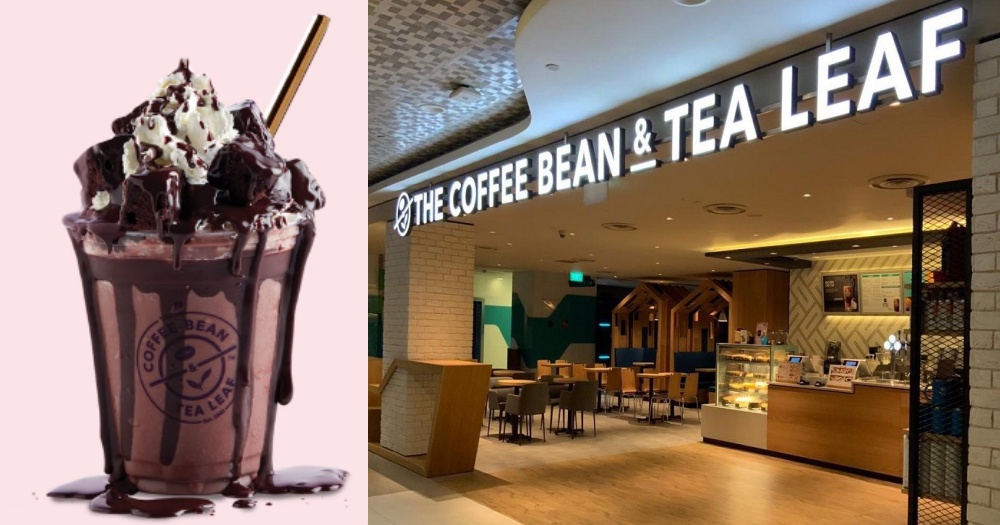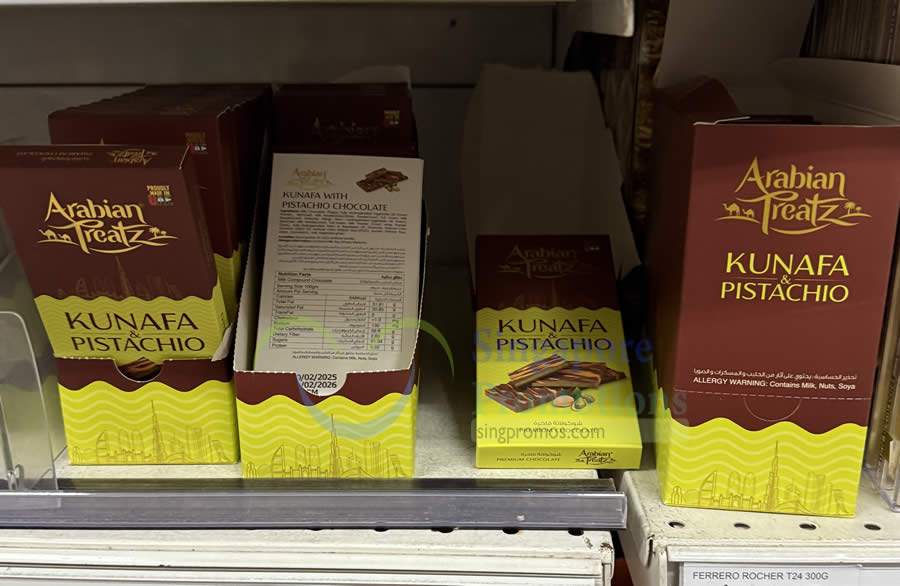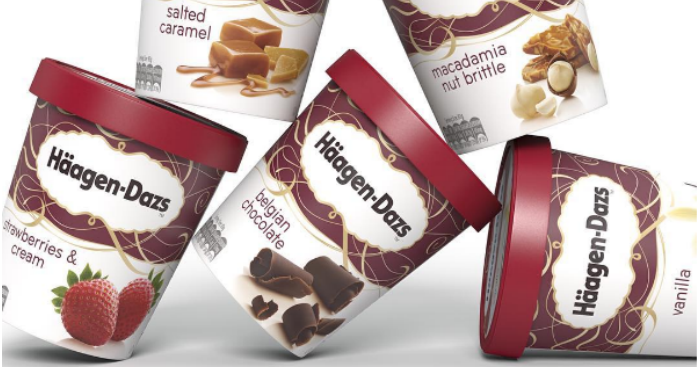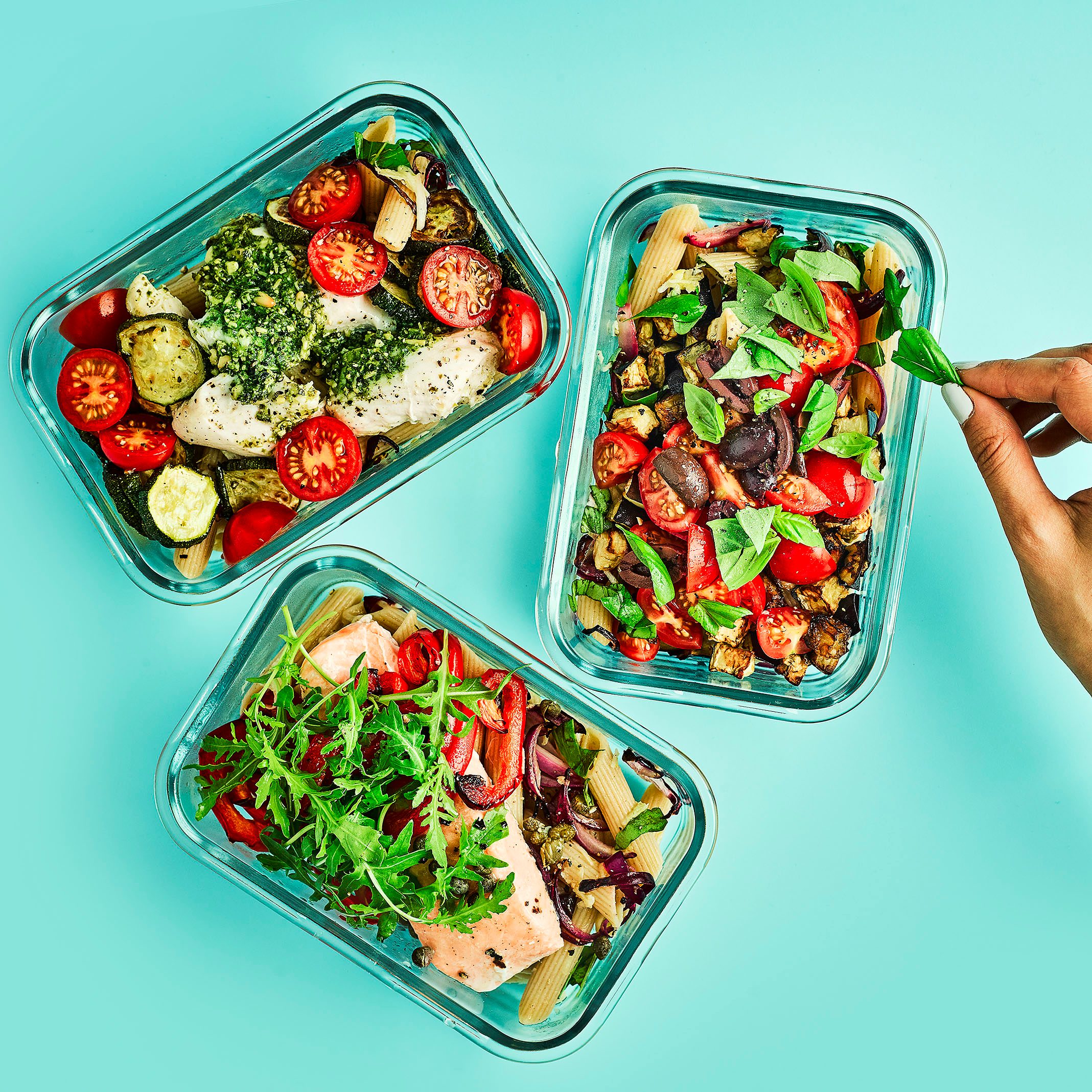
Singapore’s tropical climate presents unique challenges for athletes and fitness enthusiasts. Whether you’re pounding the pavement under the scorching sun or engaging in a fast-paced badminton match in a humid hall, your body undergoes significant stress. Proper post-workout nutrition is crucial not only for recovery but also for maximizing your performance and overall well-being in the Singaporean context. This article provides tailored recommendations for refueling after common local sports, focusing on the demands of heat and humidity.
Why Post-Workout Nutrition Matters, Especially in Singapore:
After any strenuous activity, your body needs to replenish depleted energy stores, repair muscle tissue, and rehydrate. In Singapore’s hot and humid environment, these needs are amplified due to increased sweat loss and the added stress of exercising in the heat. Neglecting post-workout nutrition can lead to:
- Delayed Recovery: Muscles won’t repair and rebuild efficiently, leading to prolonged soreness and fatigue.
- Increased Risk of Injury: Improper refueling can compromise muscle function and increase susceptibility to injury.
- Impaired Performance: Inadequate recovery hinders your ability to train effectively in subsequent sessions.
- Dehydration and Electrolyte Imbalance: Significant sweat loss requires not only water replacement but also replenishment of vital electrolytes lost through perspiration.
Refueling After Running in the Singapore Heat:
Running in Singapore’s heat demands a strategic approach to post-workout recovery. Focus on these key areas:
- Rapid Rehydration: Dehydration is a major concern. Immediately after your run, prioritize replenishing fluids.
- Water: For shorter runs (under 60 minutes), water is usually sufficient. Aim for 500-700ml of fluids for every pound of weight lost during exercise.
- Electrolyte Drinks: For longer or more intense runs (over 60 minutes), or if you’re a heavy sweater, opt for sports drinks containing electrolytes like sodium, potassium, and chloride to replace those lost through sweat. Look for options with the Healthier Choice Symbol (HCS) for lower sugar content.
- Natural Electrolyte Sources: Consider coconut water, which contains natural electrolytes.
- Carbohydrate Replenishment: Running depletes your glycogen stores (stored energy). Consume carbohydrates within the first hour post-run to kickstart recovery.
- Quick-Digesting Options: Fruits (bananas, watermelon), fruit juice (in moderation), white rice, and energy bars can provide readily available carbohydrates.
- Slightly Slower-Digesting Options: Whole grain bread, sweet potatoes, and oats offer sustained energy release.
- Protein for Muscle Repair: Protein helps repair muscle damage that occurs during running. Aim for 20-30 grams of protein post-run.
- Convenient Choices: Protein shakes, yogurt (especially Greek yogurt), hard-boiled eggs, and lean meats (chicken, fish) are good options.
- Plant-Based Sources: Tofu, lentils, and beans are excellent vegetarian protein sources.
- Sodium Replenishment: Especially after heavy sweating, consider incorporating salty snacks or foods to help retain fluids. Pickles and sports drinks contain sodium.
Sample Post-Run Recovery Meals/Snacks:
- Water or electrolyte drink + banana with peanut butter.
- Chocolate milk (provides carbs, protein, and electrolytes).
- Protein shake with fruit.
- Rice with grilled chicken and vegetables.
- Whole grain toast with avocado and eggs.
Refueling After Playing Badminton in Singapore:
Badminton, with its explosive movements and bursts of energy, requires a slightly different post-workout focus, keeping Singapore’s humidity in mind:
- Hydration and Electrolyte Balance: Similar to running, rehydration is key. Water is suitable for shorter sessions, but for longer or more intense matches, electrolyte-rich drinks are beneficial to replace sweat losses.
- Carbohydrate Focus for Energy Recovery: Badminton relies heavily on glycogen stores for quick, powerful movements. Prioritize carbohydrate replenishment.
- Quick Energy Sources: Fruits (grapes, bananas), energy gels, and sports drinks can provide immediate energy.
- Sustained Energy Sources: Rice, pasta, noodles, and whole grains help replenish glycogen for future matches.
- Moderate Protein for Muscle Repair: While endurance isn’t the primary focus, protein is still important for muscle repair and recovery from the quick, intense actions.
- Good Choices: Lean meats, eggs, yogurt, nuts, and seeds.
- Calcium for Muscle Function: Calcium is crucial for proper muscle activation, important in badminton’s dynamic movements. Include dairy or calcium-fortified plant-based alternatives.
Sample Post-Badminton Recovery Meals/Snacks:
- Water or electrolyte drink + a handful of nuts and dried fruit.
- Yogurt with berries and granola.
- A small sandwich with lean protein.
- Fruit smoothie with protein powder.
- Recovery drink specifically formulated for athletes.
General Post-Workout Nutrition Tips for Singapore:
- Timing is Key: Aim to consume your post-workout meal or snack within 30-60 minutes after finishing your activity for optimal recovery.
- Listen to Your Body: Pay attention to your individual needs and adjust your nutrition accordingly.
- Don’t Forget Overall Diet: Post-workout nutrition is just one piece of the puzzle. A balanced and nutritious diet is essential for long-term fitness and recovery.
- Stay Hydrated Throughout the Day: Don’t wait until after your workout to focus on hydration. Maintain adequate fluid intake throughout the day, especially in Singapore’s climate. Monitor your urine color – pale yellow indicates good hydration.
By understanding the specific demands of your sport and the challenges of Singapore’s environment, you can tailor your post-workout nutrition to optimize recovery, enhance performance, and stay healthy and active in the long run. Fuel your body wisely and enjoy your favorite Singaporean sports!


